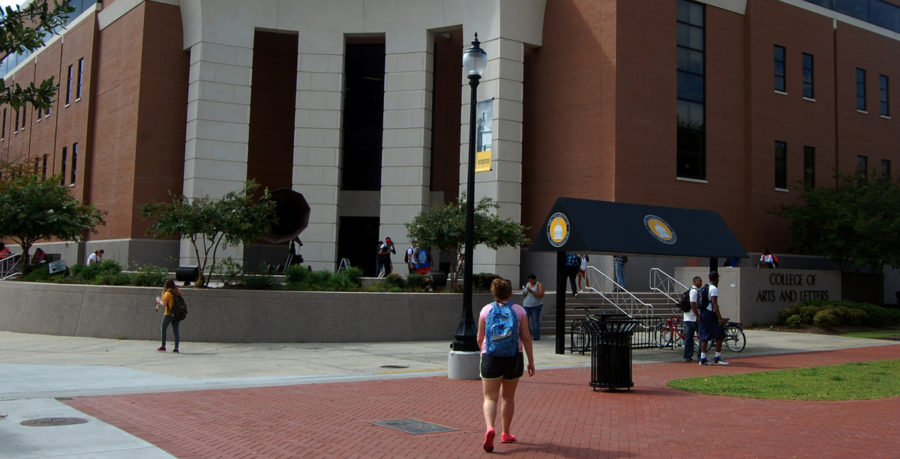
This rings true for a poorly thought confession on Confessions of a Southern Miss Student Facebook page, a place where people can anonymously post their darkest, innermost thoughts.
The nincompoop confessed that he does not think government money should go toward liberal arts degrees because they are useless for society. Instead, he wanted government money to go toward business degrees or science, technology, engineering and mathematics (STEM) degrees or, ironically, history degrees.
Most of the commenters berated the original post and came to the defense of liberal arts majors.
High school seniors looking ahead, current college students unsure of where they are headed and parents that want to help their child as much as they can all forage the internet in search of the most lucrative prospects. Online advice columns said nursing, education or business is the way to go.
Employers salivate over these degrees while top five countdowns tell people that (insert liberal arts degree) is unemployable, that (insert job lucrative alternative degree) is the way to go.
These advice columns and countdowns are wrong. A liberal arts degree does not doom one to a life of unemployment, and neither does a vocational degree guarantee one success.
Business Insider released a list of successful business people who did not get a business degree in undergraduate.
Clarence Thomas, a Supreme Court Justice, was an English major at Holy Cross College; Peter Thiel, co-founder and CEO of PayPal, was a twentieth century philosophy major at Stanford University; and Michael Eisner, former Disney CEO, was a double major in English and theatre at Denison University.
Some have said that the people became successful businessmen because they attended business school afterward. However, these liberal arts naysayers ignore the foundation that the people received before going into an MBA program.
“Literature is unbelievably helpful, because no matter what business you are in, you are dealing with interpersonal relationships,” Eisner said. “It gives you an appreciation of what makes people tick.”
The foundation these people received gave them the tools to become successful in their business careers.
Christine Hicks, an English teacher, said college graduates will have many different careers throughout their lives and thinks that a classical liberal arts education is particularly useful in our quickly changing world.
“A classical liberal arts education provides students with a broad world perspective which makes them creative and innovative problem solvers,” she said.
This does not mean having a liberal arts degree means you can do nothing.
“Things like internships and job experience become far more important with a liberal arts education,” Hicks said. “Liberal arts majors should be aware that they need to actively seek opportunities that give them experience in the areas that they desire employment.”
The poster’s problem was not with liberal arts education. Instead, the problem was with people being given federal or state money to pursue their passions.
“I chose to become an English major because I love language and writing,” said Hiba Tahir, a freshman English major who was a freelance writer for The Bolivar Commercial.
Tahir, a Presidential Scholar, said her degree is not particularly life-saving. She does not say that a liberal arts degree is not useful.
“Liberal arts deserve importance because they reflect on the very essence of life and remind us what it means to be human,” she said.
If the government were to refuse scholarship money to people who want to pursue a liberal arts degree then it would be detrimental to everyone sometime down the road. While the path to a career may be different from those going a business, nursing, science or education route, liberal arts majors still have a place in this world, and the government has a place in promoting them.

























